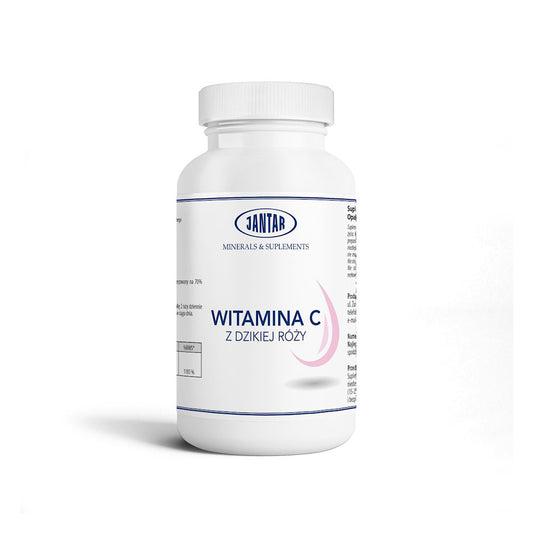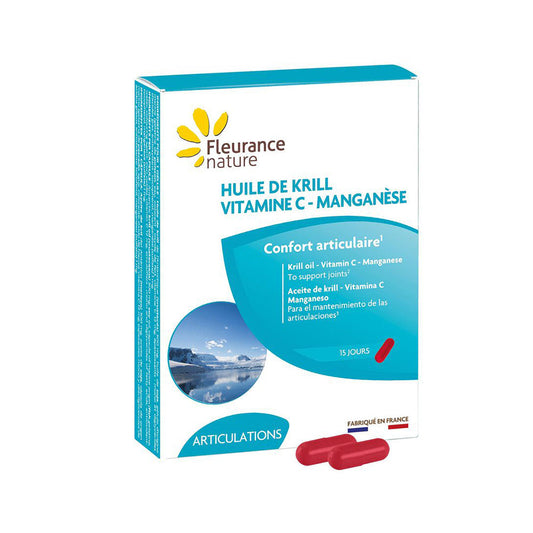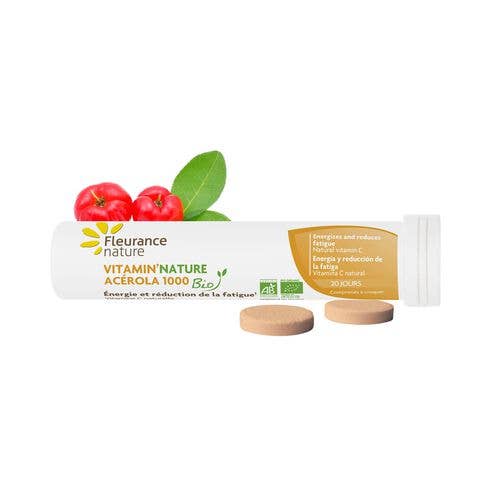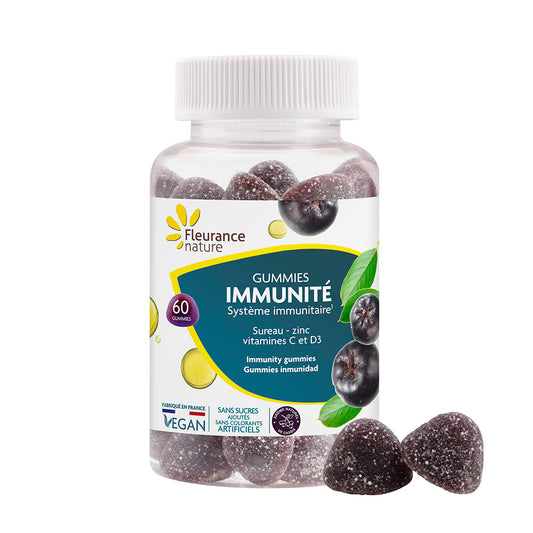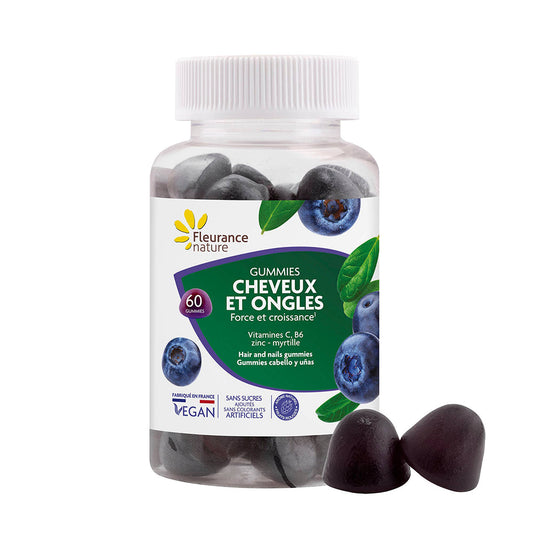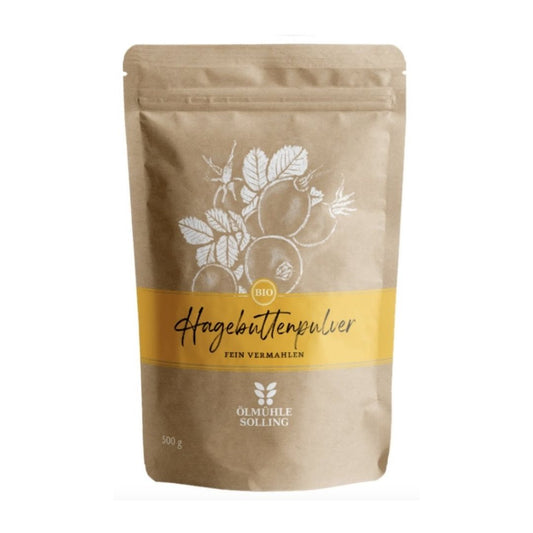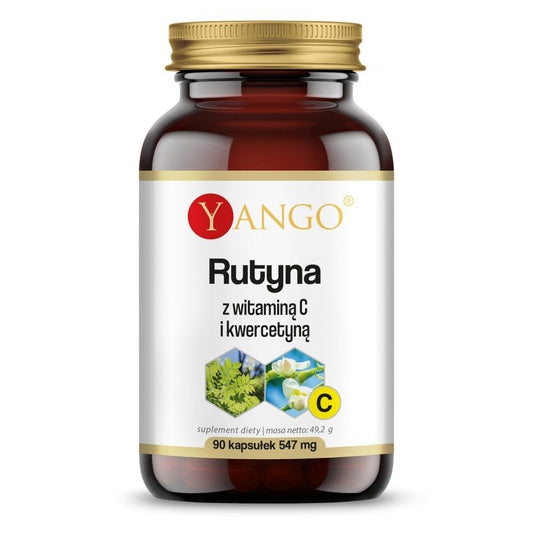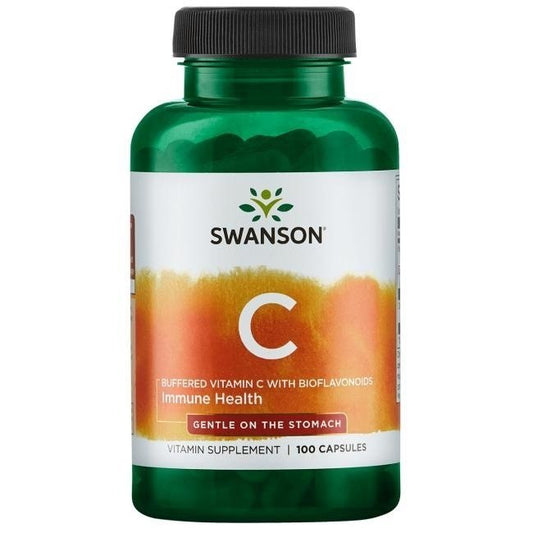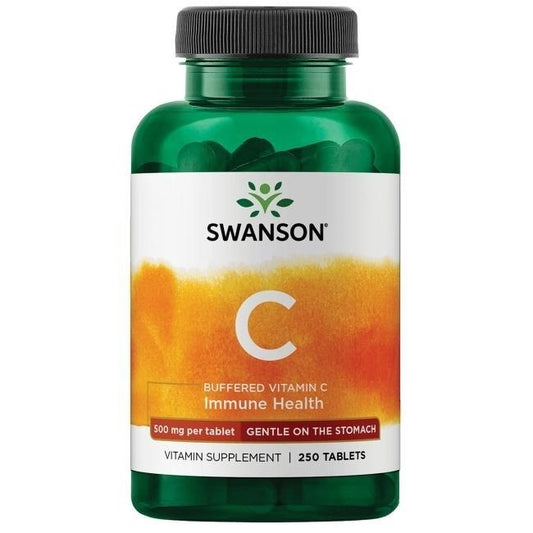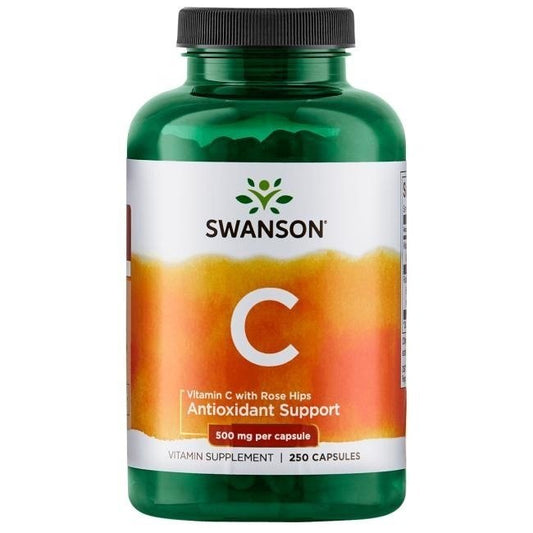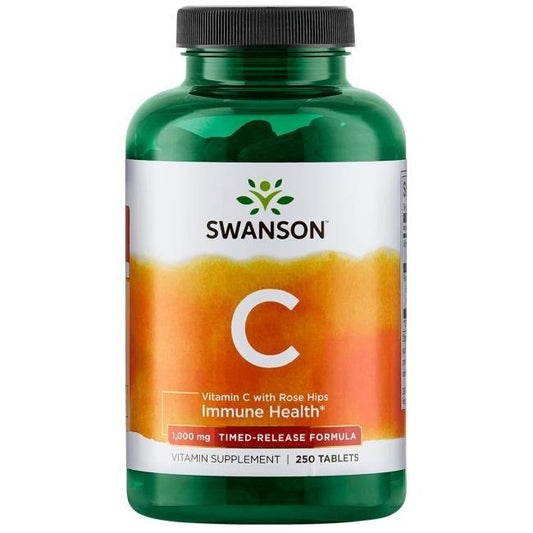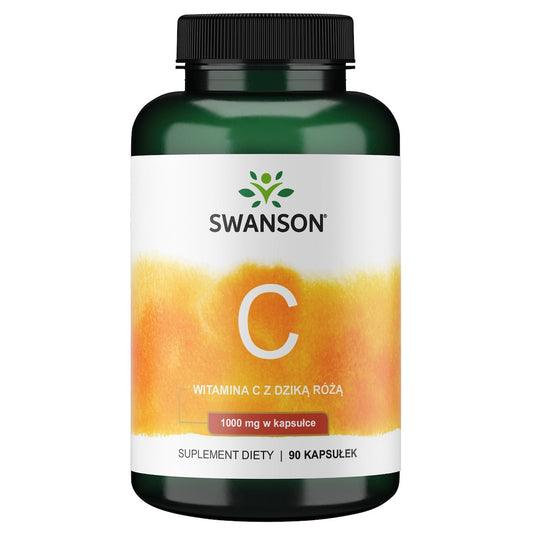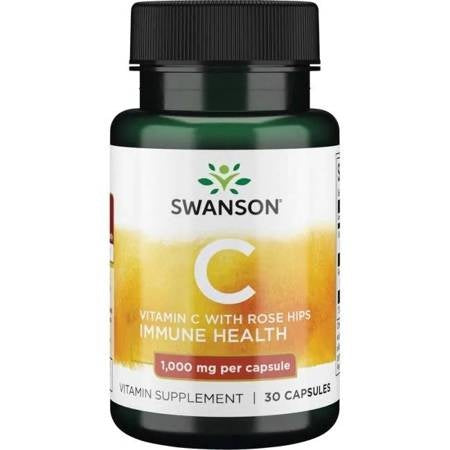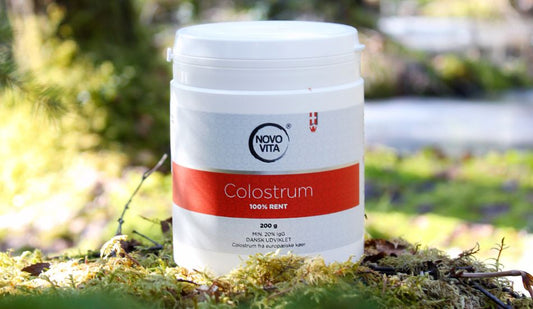
Vitamin C – a pillar of the immune system and a versatile wellness vitamin
Share
Vitamin C, or ascorbic acid, is one of the most well-known and widely used vitamins. It is a water-soluble vitamin that the body cannot produce on its own, so obtaining it from food or supplements is essential. Vitamin C is especially known for strengthening the immune system, but its benefits extend more broadly to health and well-being.
Good sources of vitamin C are colorful fruits and vegetables, citrus fruits, and for example Acerola, which is actually one of the best sources of vitamin C. It also contains many other bioactive plant compounds and nutrients.
What is vitamin C and what does it do?
Vitamin C is an antioxidant that protects cells from oxidative stress, meaning damage caused by free radicals produced in the body's metabolism. It also participates in many important biochemical processes in the body:
- Supporting the immune system: Vitamin C promotes the production and function of white blood cells, which are key in fighting infections. It also helps maintain mucous membranes, which act as an important barrier against pathogens.
- Collagen production: Vitamin C is essential for collagen synthesis, which is an important protein for the structure and health of skin, bones, blood vessels, and connective tissues.
- Iron absorption: Vitamin C promotes the absorption of plant-based iron from the intestines, which can help prevent iron deficiency anemia.
- Antioxidant effects: Vitamin C acts as an antioxidant that neutralizes free radicals and helps reduce inflammation and signs of aging.
Using vitamin C with other supplements
Vitamin C is a safe and well-tolerated vitamin that can be used with many other vitamins and supplements. It works synergistically with several nutrients, meaning their combined use can enhance their health benefits.
- Vitamin C and zinc
- This is one of the most popular combinations during the flu season. Both vitamin C and zinc support the immune system's function, and their combined use can help reduce the duration and severity of flu symptoms. Zinc and vitamin C also work together in cell renewal and skin health.
- Vitamin C and iron
- Vitamin C helps the body absorb plant-based iron more efficiently. This combination is especially beneficial for vegetarians and vegans who get their iron mainly from plant sources. It is advisable to take vitamin C together with an iron supplement to enhance iron absorption.
- Vitamin C and vitamin E
- Vitamin C and vitamin E are both antioxidants, but they work differently in the body. Vitamin C is water-soluble, while vitamin E is fat-soluble. Together, these vitamins can provide more effective protection against cell-damaging free radicals.
- Vitamin C and vitamin D
- While vitamin C supports the immune system, vitamin D helps regulate it and guide the immune response. Combining these two vitamins can be especially beneficial for maximizing immune defense, particularly during the colder months when vitamin D intake from sunlight is limited.
Recommended combinations for optimal benefits:
- Vitamin C, omega-3 fatty acids, and curcumin
- These nutrients form an effective trio that supports both the immune system and reduces inflammation in the body. Omega-3 fatty acids help regulate inflammatory responses, while vitamin C and curcumin (a powerful antioxidant from turmeric) help reduce cellular damage and promote overall well-being.
- Vitamin C and magnesium
- Magnesium is an important mineral involved in over 300 biochemical reactions in the body, including muscle and nervous system function. Vitamin C can enhance magnesium absorption, which may help reduce stress and fatigue, especially during physical exertion.

